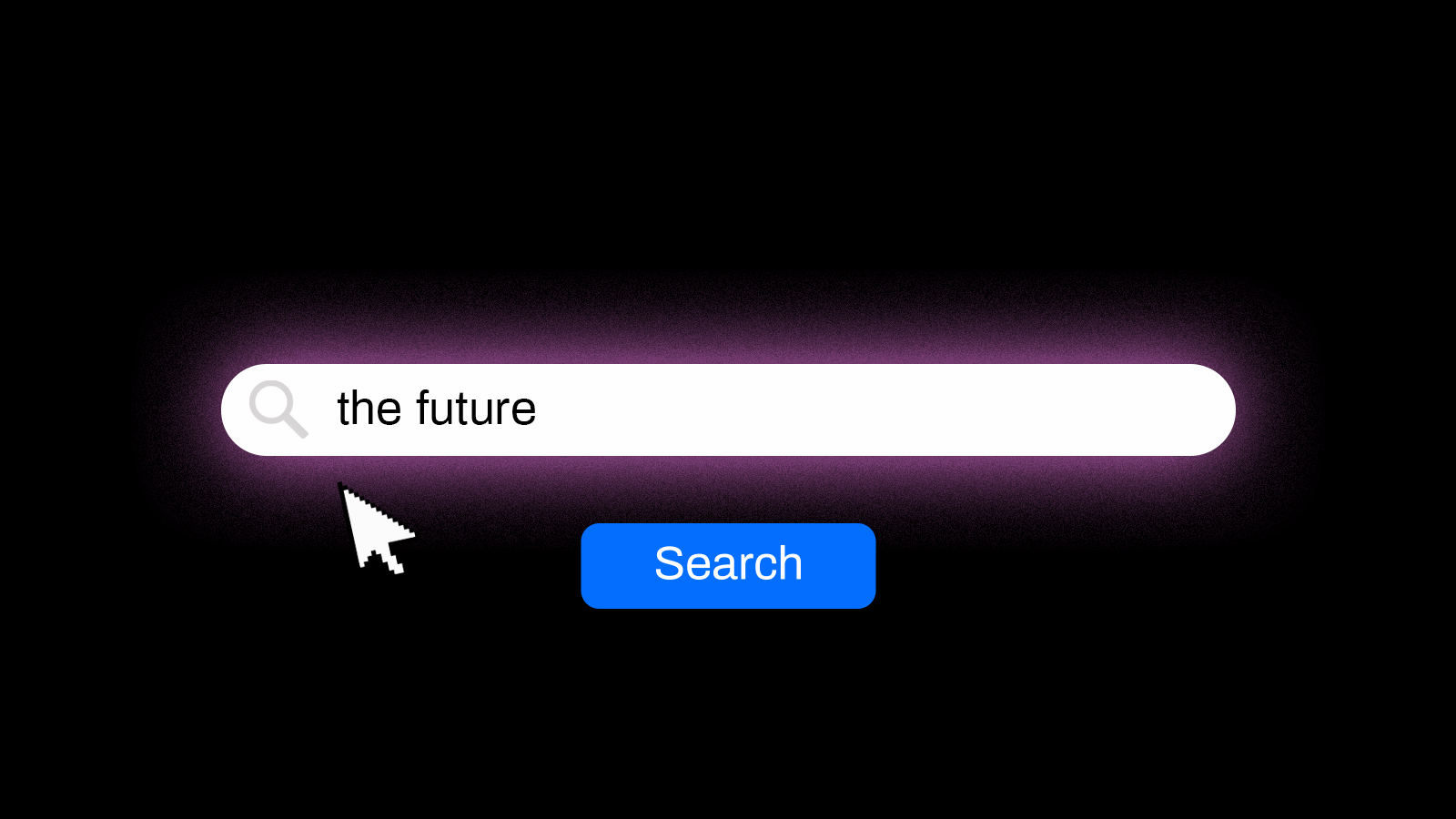Self-Diagnoses via Search Engines Provide Harmful Results

Whenever I have a burning question about an odd bump or pain, I don’t call my doctor. I do what any sensible millennial would do — I go on Google or WebMD to figure it out. Nowadays, everyone thinks of themselves as a medical expert — self-diagnosing various maladies. But how accurate are our Googles for our aliments? Dr. Guido Zuccon sought to find out just that.
He reports that out of Google’s 100 billion searches in a month, one in 20 were health-related. What’s more, previous research has reported 35 percent of adults consult the internet to figure out what they’re suffering from. With so many people consulting a non-regulated medical source, it’s possible that people are doing more harm to themselves than good.
He conducted a study to find out how effective Bing and Google searches were in yielding accurate results for a number of medical conditions. The researchers tested a group of participants to see if they could accurately diagnose illnesses, like alopecia, jaundice, and psoriasis, based on medically accurate photos. The only tool they could consult was the internet.
Participants searched for things like “yellow eyes,” “eye illness,” and “white part of the eye turned green” when given a photo of someone with jaundice.
After the experiment, Zuccon reported in a press release:
“… our results revealed only about three of the first 10 results were highly useful for self-diagnosis and only half of the top 10 were somewhat relevant to the self-diagnosis of the medical condition.”
He doesn’t believe those results were good enough, explaining:
“Because on average only three of the first 10 results were highly useful, people either keep searching or they get the wrong advice, which can be potentially harmful for someone’s health.”
People are more sensitive about their health than they would be about searching for reviews about a new video game, which he says, can lead people to over search.
“For example, pages about brain cancer are more popular than pages about the flu so the user is driven to these results.”
Though, Zuccon doesn’t suggest going to your doctor; rather he wants to improve the search engines “to better promote the most useful pages.” He knows his audience. No amount of finger-wagging will make us stop searching for our odd medical questions, so he’s working on improving the system. Fortunately, Google is already working on an algorithm that ranks pages based on accuracy of information, rather than the popularity of a website. Scientists are hoping this kind of filtering will help reduce the popularity of literature on climate-change denial and the anti-vaccination movement.
Read more on Science Daily.
Photo Credit: Shutterstock





